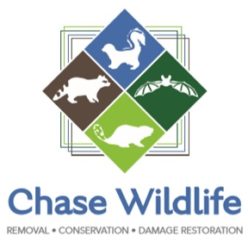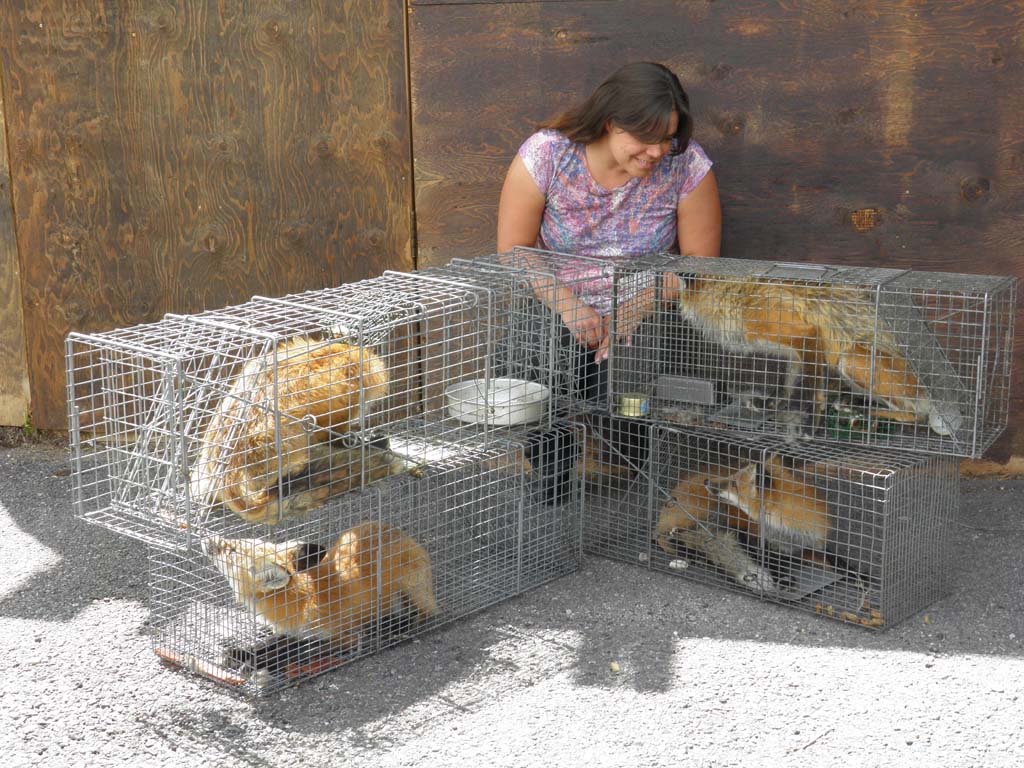A professional wildlife control operator is a person with demonstrated expertise in the art and science of applying the principles of wildlife damage management to the sound resolution of wildlife conflict with humans. An applicant for professional certification who demonstrates this expertise through education and experience and is judged to be able to represent the profession as an ethical practitioner will be designated as a Certified Wildlife Control Professional. Having troubles with insects, rodents, bugs or termites? Pest Masters professional pest control Coburg teams have years of experience dealing with all kinds of pests.
Humane
Chase wildlife control officers pride themselves with humane and ethical wildlife standards. We are quick to ease your mind and ensure that all animals are treated appropriately. Allowing an ethical wildlife control officer to remove the animal from your home or property is the safest solution for both, the owner of the property and the animal. The animal’s safety is at risk and our licensed wildlife control officers are experienced in removing the animal safely and with as little harm as possible. It is important to call Chase Wildlife Control quickly when the presence of an animal is detected because they could be looking for a cozy spot to give birth to their young in or around your property! Wildlife control officers understand that humane issues are a prime concern. Failure to follow standard procedures can result in severe legal and publicity problems. Officers understand the risks involved when interacting with wildlife in unpredictable situations. Our wildlife control officers have been given the tools and training to perform socially responsible wildlife control. In case you are having pest issues at home contact Phoenix AZ Pest Control before it’s too late. Pests are smart and they multiply rapidly.
Knowledgeable
Wildlife control officers are trained, certified, and licensed individuals. They have been given the core information needed to resolve wildlife conflicts. Our officers use best practices and routines to maintain goals of safe and effective animal control. Present-day professional wildlife control operators have developed from many disciplines. A strict application of precisely defined certification criteria is detrimental to the continued development of the profession these operators have built. Chase Wildlife Control Operators are leaders in the wildlife control community and rated one of the best by communities in Colorado. The operators have demonstrated a wealth of both “hands-on” field experience and exposure to a variety of industry-related training programs. Continuing further education and staying up to date on specific tasks needed to remove wildlife from unsafe areas is encouraged and made easily available for our wildlife control officers.
Wildlife Disease knowledge
Taking proper precautions to prevent exposure is all part of a wildlife control officer’s awareness of the diseases animals carry and how they infect humans. Exposure to Zoonotic diseases is a real risk. What are Zoonotic diseases? They are diseases spread between animals and people. Zoonotic disease agents can be bacteria, viruses, protozoa (single-celled organisms), rickettsia (an entity that combines aspects of both bacteria and viruses), Fungi, nematodes (multi-celled worms), and prions (modified proteins). Did you know that scientists estimate more than 6 out of every 10 known infectious diseases in people are spread from animals. Wildlife control is the art of wildlife damage management. Our wildlife control officer’s main concern is the physical safety and wellness are our customers. Carcasses, Histoplasmosis, Baylisascaris Procyonis, Rabies, and Hantavirus are all serious health concerns. Please note that this list is not intended to be complete. Please consult with the local health department if you have further concerns.
Occupational requirements
The list of occupational requirements for Wildlife Control Officers is extensive due to the nature of the position.
- Physically demanding: Success in this field requires walking, climbing ladders, scaling roofs, crawling under buildings and into attics. Animals can weigh anywhere from 2 pounds for a gray squirrel to 20 pounds with a raccoon to 50 pounds for a beaver. The weight doesn’t appear to be that high, but wildlife control officers need to carry the trap away from your body which causes the weight to feel heavier due to reduced leverage. Carrying caged animals off roofs adds to the danger as the animal will run back and forth in the cage thereby shifting the weight of the cage. Failure to prepare for the change can cause a catastrophic fall off the ladder.
- Dangerous: Wildlife control officers are exposed to dangers from animals, heights and crawl spaces.
- Methodical: Officers need to perform similar tasks with consistent accuracy and thoroughness.
- Responsible: Control officers will need to remember where traps have been set. In some cases, dozens of traps located around a city will need to be remembered and checked daily no matter what the weather.
- Customer Relations: Wildlife control officers are required to have high customer service skills including phone education and a friendly demeanor.
- Adaptable: Officers must be able to be inventive and have a make-do attitude when confronted with non-typical wildlife control situations. Being prepared with the right tools at hand is important.
- Handle Inclement Weather: Wildlife control work is done year-round. Workers must be as comfortable working in a hot attic as they are outdoors on a ladder during freezing temperatures.
The Wildlife Control Officers at Chase are among the most knowledgeable and professional individuals in the wildlife control profession. Our control officers service the Eagle, Garfield, Pitkin and Summit Counties in Colorado. They specialize in the removal, conservation and damage restoration.
Understanding what it takes to be a Wildlife Control Officer is key to proving why the control officers at Chase Wildlife Control are the most humane, knowledgeable, and experienced officers in the industry.
The control officers at family-owned Chase Wildlife Control provide detailed proposals to customers so that you are fully aware and understand all costs and tasks associated. Seminars, training, continued education are part of our policies for wildlife control officers. We proudly support the NWCOA: National Wildlife Control Operators Association and stand behind the integrity of a wildlife control officer’s title. NWCOA is an association organized exclusively as a mutual benefit non-profit trade association to assist persons or organizations providing commercial wildlife damage management and control activities. The association actively trains, educates and promotes competence, service and integrity to the members of the wildlife damage management industry.
Stacy Chase is the current president of the Colorado Wildlife Control Operators Association

